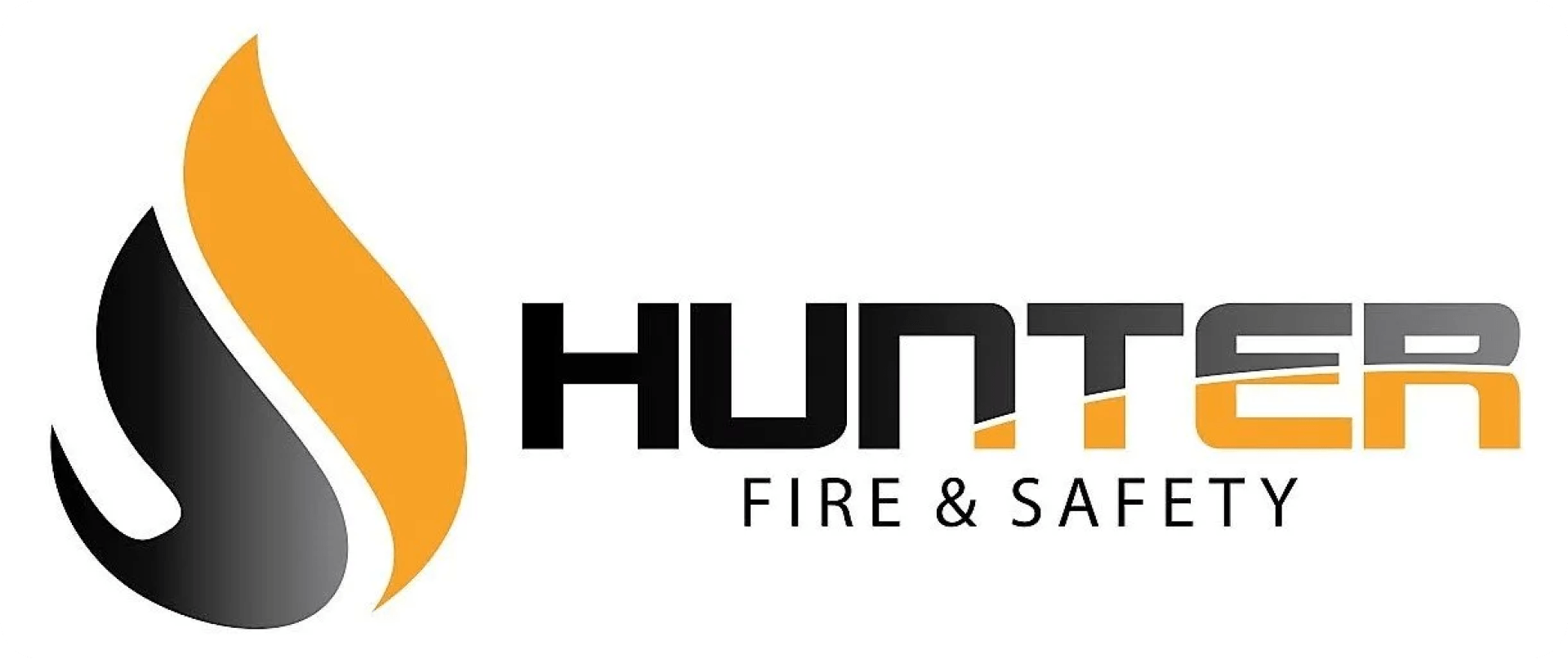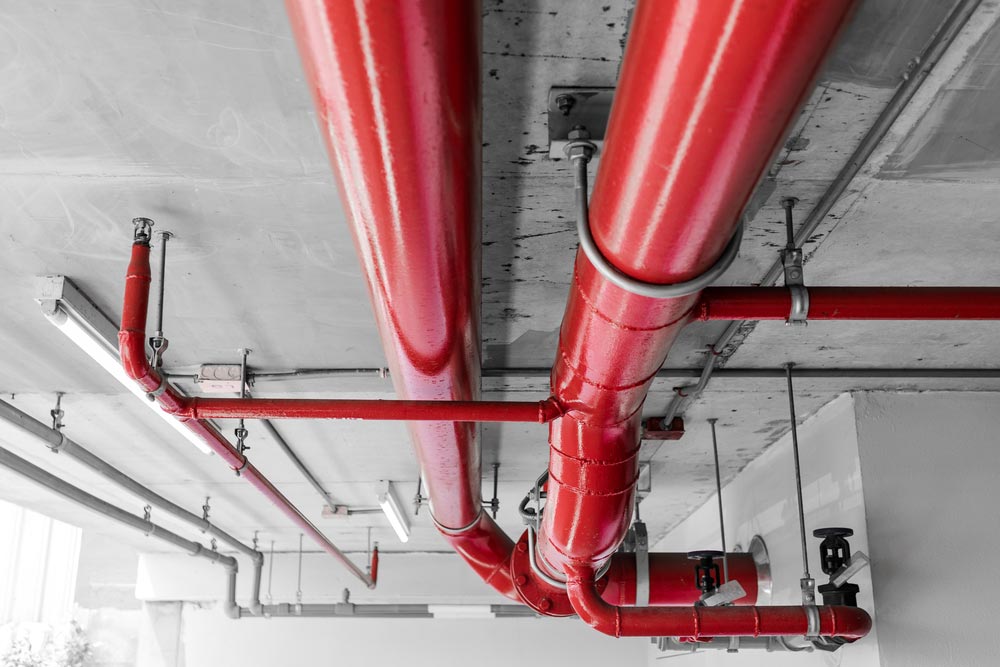Frequently Asked Questions
Trusted fire safety knowledge to keep businesses safe and compliant.
Frequently Asked Questions
Why is fire testing and maintenance required?
Fire testing and maintenance is required to ensure all fire safety systems function correctly in an emergency. Regular checks help identify issues early, maintain compliance with regulations, and protect people, property, and assets from unnecessary risk.
How often should fire safety equipment be tested?
Most fire safety equipment requires testing every 6-12 months, depending on the type and applicable standards. Routine schedules ensure that alarms, extinguishers, and suppression systems remain operational and meet legal compliance requirements.
What is included in fire maintenance?
Fire maintenance typically covers inspecting, servicing, and testing equipment such as extinguishers, alarms, hydrants, sprinklers, and passive protection systems. Records are also updated to demonstrate compliance with safety standards and building regulations.
What is passive fire protection?
Passive fire protection involves building elements like fire-resistant doors, walls, floors, and seals designed to slow the spread of fire and smoke. These systems provide crucial time for safe evacuation and emergency response.
Do businesses need certification after fire testing?
Yes. Certification demonstrates that fire safety systems have been tested and comply with required standards. Certificates are often needed for building approvals, insurance, and workplace health and safety obligations.
Who is responsible for fire safety compliance?
The responsibility usually lies with the building owner, property manager, or employer. They must ensure systems are regularly tested, maintained, and certified in line with current fire safety regulations and workplace safety laws.
What happens if fire systems are not maintained?
Failure to maintain fire systems can result in non-compliance, safety risks, and potential legal consequences. In an emergency, equipment may fail, increasing the risk of injury, property damage, and extended business interruption.
Are fire safety requirements the same everywhere?
No. Fire safety regulations can vary by state, region, or industry. Businesses must comply with local legislation and Australian Standards relevant to their premises, equipment, and operations to ensure they remain fully compliant.
Contact Us Today to Get Started!








